Socios
ASPAYM Castilla y León Foundation
ASPAYM Castilla y León Foundation starts working on 2004. Its main aims are to promote autonomy, equal rights and opportunities and to increase quality of life of people with physical disabilities, allowing them a significant integration among the society. In addition, ASPAYM CyL seeks to be a leading association, providing its target users with the tools to achieve that mission. That goal is reached thank to the quality of its programs and activities, the research and the proper use of new technologies. The organization, and also the youth department, has headquarters in different cities in Castilla y León, with a special emphasis on rural areas. It includes Ávila, Burgos, Camponaraya (León), Cubillos del Sil (León), León, Matapozuelos (Valladolid) Palencia, Paredes de Nava (Palencia), Segovia, Valladolid, VIlladiego (Burgos) and Villalpando (Zamora).
ASPAYM CyL has a youth department focused on activities with young people. This department is an active member of the Regional Youth Council of Castilla and Leon, and also part of the Permanent Youth Council of the Province of Valladolid, where ASPAYM is a member of the board. We are also part of the network of youth information points in the province of Valladolid, which makes it the only entity of young people with diversity that meets everything above. The youth department of ASPAYM Castilla y León develops many activities for advocacy, non-formal education, employment, leisure inclusive, etc.
Website: Foundation ASPAYM CyL
Federación de Centros Juveniles DON BOSCO
Federación de Centros Juveniles DON BOSCO de Castilla y León is a non-profit association. That since its foundation in 1995 federates Youth Centres and Youth Associations in Castilla y León (Spain). It currently includes five youth centres in Valladolid, two in León, Salalamanca and Villamuriel de Cerrato (Palencia).
We work in the field of prevention, education in leisure time, youth animation and socio-cultural development, with an educational style and identity of our own cultural development, with a Salesian identity and educational style, especially with groups in a situation of social exclusion. The quality volunteering and working with the most needy groups are our main strengths.
Our main objectives are:
- To offer a qualified service of Education in Free Time, Youth Animation and Sociocultural Development, helping the children, adolescents and young people who participate in them to promote their integration following the educational style of Don Bosco and our Educational Proposal.
- To analyse the needs and promote an exchange of concerns and experiences between the Youth Centres in order to better achieve the common objectives.
Trabajamos en red, siendo miembros activos del Consejo Regional de la Juventud de Castilla y León o de nuestra Confederación Nacional, siempre con un papel activo y alineado con nuestros objetivos. Trabajamos en la educación y en la defensa de los derechos humanos, especialmente de los niños/as y jóvenes, ofreciendo nuestros servicios.
Sitio web: Federación de Centros Juveniles DON BOSCO
Rosto Solidário
Rosto Solidário work aims to foster global citizenship and solidarity by enhancing local communities’ human and social development. RS core principles are civic participation, social integration, solidarity, networking and partnership.
The organization scope of work includes four main areas: International Development Cooperation, Global Citizenship Education, Volunteering and Family-based Social Support. Gender Equity, Human Rights and Social Inclusion are addressed as cross-cutting issues. Also a methodological approach the organization consider Non Formal Education as a vehicle for lifelong learning opportunities within the Global Citizenship Framework.
RS legal status of public utility as NGO has been recognized by the Ministry of Foreign Affairs in 2008.
As a Portuguese NGDO Platform member it is represented both in Development Education Working Group and Working Group on Ethics.
RS is a credited host and sending organization for European Voluntary Service projects since 2011.
At local level, RS is a member of Rede Social do concelho de Santa Maria da Feira (local network of 115 organizations with social intervention programmes – following National Action Plan for Inclusion guidelines). Within this network, RS has been awarded four times as recognition of its work in volunteering and supporting local communities’ development.
Rosto Solidário promotes mobility and learning opportunities for youth since 2011 under the Erasmus Plus programme.
RS promotes and is partner in European voluntary service / European Solidarity Corps, patnership building activities, training courses and youth exchanges. It is also a Eurodesk multiplier.
Rosto Solidário promueve la movilidad y las oportunidades de aprendizaje para los y las jóvenes desde 2011, en el marco del programa Erasmus Plus.
Overall RS initiatives within Global Citizenship Education aims to raise awereness and trainning young people for global citizenship and diversity, European values, civic participation, intercultural dialogue as well as fostering solidarity and action on common wealth behalf.
Lorelay Primary School
Lorelay Primary School (Scoala Primara Lorelay) is a small, accredited private school, in Iasi, a town situated in the East part of Romania. We have around 50 preschool children and 80 primary school pupils (aged between 6 and 10/11 years old), coordinated by 18 teachers. We are interested in finding the best ways of approaching our kids, in order to rich their potential. Our goal is to develop in children a set of values, in order to develop a healthy lifestyle, physically, cognitively and socio-emotionally. We aim to develop in them a proactive attitude in the community, to create national and international networks, that will become live libraries of resources for everybody, pupils, parents or teachers. Learning to live together, to learn for knowing, doing and being are our main key-concepts, that are the foundation for future actions. Our school is focused on finding different active methods for teaching, in order to help pupils achieve the curriculum goals. We are partners in Erasmus projects, aimed to teach the school subjects differently, using outdoor teaching or using board games. We are interested in developing healthy relationships between children and create opportunities for preventing bad habits, that is why we are involved in an Erasmus project regarding the way they can use the breaks for being inclusive. We also focus on teaching foreign languages from a young age, motivating pupils to take an active part in their development. We teach Arts, Science, and Social Studies using CLIL methodology. Our students study German beginning with the second grade (8 years). We are focused on Multiple Intelligences, aiming to develop the children as a hole and we are interested in using equally Arts, movements, senses or ICT in learning. We are very interested in making our school more European and we want our students and teachers to have opportunities to connect with people abroad. We have been involved in eTwinning projects, since 2012, aimed to develop CLIL materials and use of ICT in teaching, and we won several National Quality Labels and 2 European Quality Labels. Two of the most liked by the pupils eTwinning projects were those involving Music and Feelings expressed in Music and Arts (which won an European Quality Label). We are a Cambridge evaluation sub-center for Young Learners and we organize Cambridge Exams for primary school pupils. Every summer, we are involved in a partnership with our local university and we coordinate the activity of international volunteer students, who come to Romania for internship activities. This school year, we are involved as partners in for Erasmus school partnerships, aimed to find new approaches in teaching and equal chances for all children in school. Our institution has Erasmus accreditation for KA121 and it is preoccupated in the professional development of its teachers and the development of life skills in children.
Website: Lorelay Primary School
Gamma Institute – ASOCIAȚIA INSTITUTUL DE CERCETARE ȘI STUDIUL CONȘTIINȚEI CUANTICE
AICSCC is an NGO whose purpose is to promote, develop, research and to initiate activities in the field of psychology, psychotherapy and mental health in particular (training for specialists, workshops, non-formal education for adults and proffesionals), promotion of best practices; training for specialists in various psychological and mental health branches of modern forms; facilitate collaboration between romanian specialists and experts from the international space. AICSCC (with Gamma Institute as a brand name), has 3 departments.
- Gamma Training is the educational department of the organisation and is formed by 2 training schools: Systemic Training School and Self-Activation School. Systemic Training School – lauched in 2011 is accredited by the Romanian Psychologists College as a provider of training in Systemic Psychotherapy of Family and Couple and incorporated into the training curricula the newest research related to the clinical practice. The aim of the training school is to create a national and international network of practitioners trained with a high standard of quality and offers a space of constant evolution to the therapists from all over the specialities (couple therapy, child psychology, clinical disorders etc). A training group has a curricula on a 4 years postgraduate format, with approximately 150 graduates so far. The graduates have the opportunity to work after their graduation in the private practice clinic and research department of the organisation, described below.
- Gamma Clinic is the health department of the organisation and has 2 parts: Gamma Clinic Psychology and Gamma Kids. Gamma Clinic Psychology offers different psychological services to adolescents, youth and adults with different issues, in individual, couple, family or group sessions. The practitioners are accredited clinical psychologists and psychotherapists. The other part is Gamma Kids, that is a department which aims to help children (of all ages) and their families, with all kind of difficulties. The issues approached are: anxiety and depressive disorders, school inadaptation, learning disorders, speech disorders, bullying, family and social difficulties and not only. The psychologists involved in Gamma Kids are psychotherapists specialized on children psychological issues, clinical psychologists, speech therapists, art-therapy psychotherapists and therapists for children with special educational needs (including learning disorders). On Gamma Kids, we work with the child, but also with the whole family in a systemic approach and we collaborate with the teachers and other specialists. The activities are individual sessions, family sessions, parenting sessions, workshops for children, art-therapy workshops, trainings for parents and specialists.
- Gamma Research is the research department of the organisation and has the aim to develop fundamental research in the field of neurosciences and consciousness, but also in the psychotherapy field. Through this department, we want to develop new training curriculas for proffesionals in the psychological field, to develop new methods and instruments for a high standard intervention. Our research platform reunite specialists from psychology, cognitive sciences, genetics, human sciences and children psychology (the psychologists which are working on Gamma Kids are also researchers in the Gamma Research department).
Jobra
Jobra was founded as Movimento de Jovens da Branca on December 8, 1969 in the parish of Branca, Albergaria-a-Velha, with the goal of occupying the free time of young people by promoting socio-cultural, recreational, and sports activities.
Currently, it has 5 sections in operation, regularly mobilizing thousands of people and performing more than 400 activities per year. It is a true local socio-economic hub, as a result of the 135 jobs it provides.
Jobra Educação, as a department dedicated to education and training, groups three schools: CMJ – Conservatório de Música da Jobra, Art’J – Escola Profissional de Artes Performativas da Jobra, and Made in J – Academia de Artes da Jobra.
Created in 1986, Jobra Educação is the largest section of the Association, having reached 856 enrolments in the 2022/2023 school year, as part of its training offer of Professional Education, Specialized Artistic Education and Free Education.
The section is composed of students and employees, involving a large school community, as well as the general public, captured over the several years of educational, cultural, artistic and sports work.
The integration in the programming of several theaters in the region and in the country and the performance of activities that deserve highlighting at different levels increase the constant enlargement of the school community and the general public.
It brings together, in the same educational space, 5 areas, three of which are performing – music, dance and theater – to which are added music and sports production and technologies.
Jobra is, by its history, specificity of the offer and results achieved, a unique case in Portugal.

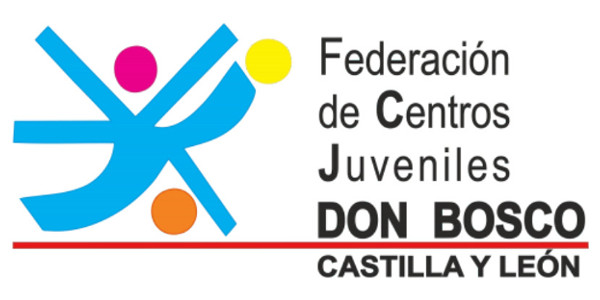 DON BOSCO
DON BOSCO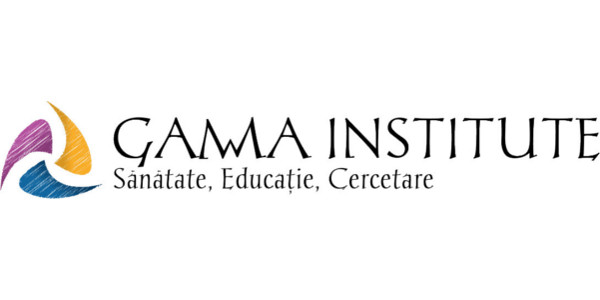 GAMMA
GAMMA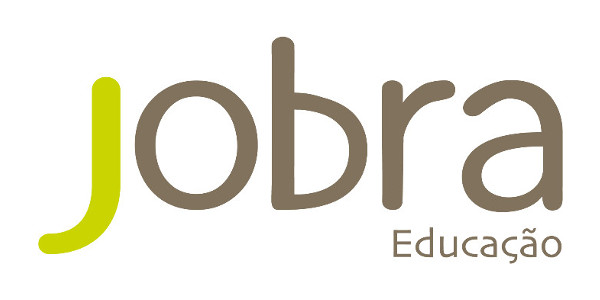 Jobra
Jobra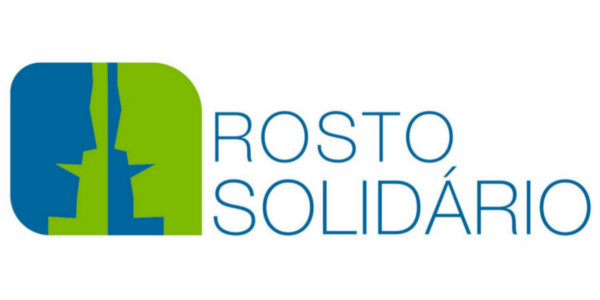 Rosto Solidario
Rosto Solidario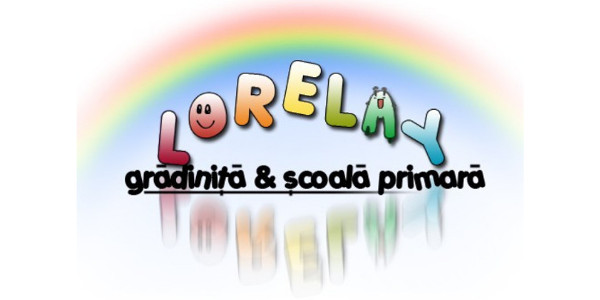 LORELAY
LORELAY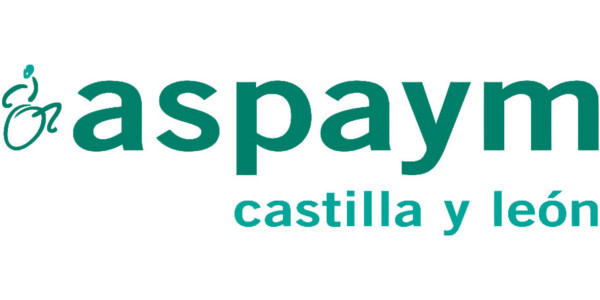 ASPAYM CYL
ASPAYM CYL




